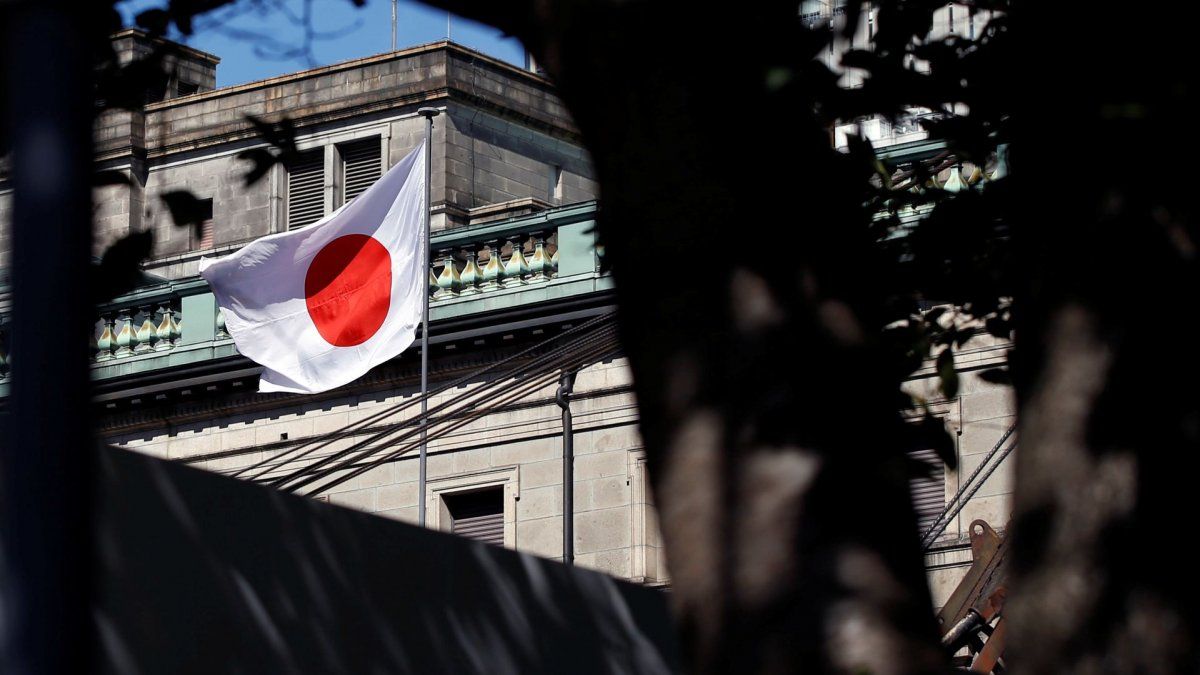The decision marks the first rate increase since July of last year and comes just days after the inauguration of the president of the United States, donald trumpwhich keeps global policymakers alert to possible repercussions from the higher tariffs that have been proposed.
BOJ Governor Kazuo Uedadeclared in a press conference that the weak yen It puts upward pressure on import prices, while wage increases are becoming widespread and consolidated in companies. “We don’t have a preconceived idea,” he said about the timing of the next rate increase, indicating that the BOJ will make decisions meeting after meetingbased on the data available at any given time.
At the two-day meeting that concluded this Friday, BOJ raised its short-term policy rate from 0.25% to 0.5%a level that Japan had not reached in 17 years. The decision was made by a vote of 8-1, with Toyoaki Nakamura being the only dissenter.
The view of the market
The widely anticipated move reinforces the central bank’s determination to gradually raise interest rates to around 1%, a level analysts consider neutral, without cooling or overheating the Japanese economy.
This change It also marks another step in Japan’s move away from deflation. and the economic stagnation that affected the country for decades. “The likelihood of meeting the BOJ’s outlook has increased,” the bank said in a statement, noting that many companies plan to continue with wage increases in this year’s negotiations.
“Core inflation is approaching the BOJ’s 2% target,” he added, noting that financial markets remain broadly stable. The BOJ made no changes to its guidance on future policies, indicating that it will continue to raise rates if its economic and price projections materialize. However, he removed a phrase that emphasized the need to analyze risks related to foreign economies and markets, underscoring his confidence that strong U.S. growth will support the Japanese economy, at least for now.
About inflation
The bank revised up its inflation projections and noted that risks to the price outlook are tilted to the upside, strengthening the case for more rate hikes. “The logic remains the same. They are still far from a neutral level, so it is natural to make an adjustment”said Naka Matsuzawa, macroeconomic strategist at Nomura Securities in Tokyo.
“Unless the BOJ changes the logic of rate increases or raises the neutral level — around 1% — there will not be much room for the market to anticipate further increases in the future.”
However, the BOJ’s path is full of uncertaintieswith trade tensions and pressure from Trump for the US Federal Reserve to cut rates further, along with calls for similar actions from other central banks around the world.
The reaction of the markets
Following the announcement, the yen rose around 0.5%, trading at 155.32 per dollar and the inflation updates, while the two-year Japanese government bond yield hit 0.705%, its highest level since October 2008.
The bank also highlighted that inflation risks are increasing due to intensifying labor shortages, rising rice prices and the impact of a weak yen on import costs. “With respect to this year’s wage negotiations, many companies have expressed that they will continue to increase wages steadily,” the report noted.
The head of Japan’s largest union told Reuters that annual wage increases must exceed the 5.1% achieved last year as real wages continue to fall.
The BOJ now projects core inflation to reach 2.4% in fiscal 2025, before slowing to 2.0% in 2026. In the previous projection, released in October, it expected inflation to reach 1.9% in both years.
Economic growth prospects were unchanged, with the BOJ anticipating growth of 1.1% in 2025 and 1.0% in 2026.
tokyo nikkei yen
Economic growth prospects were unchanged, with the BOJ anticipating growth of 1.1% in 2025 and 1.0% in 2026.
Depositphotos
Although the US economy remains strong and financial markets generally stable, the BOJ will need to remain alert to uncertainties related to US economic policy, the report warned.
“The increase was expected, but for the first time in a long time there were no major cuts to its economic outlook,” said Matt Simpson, an analyst at City Index in Brisbane. “This leaves open the possibility of another 25 basis point increase at the end of the year, taking rates to an impressive 0.75%.”
Core inflation in Japan accelerated to 3.0% in December, the fastest annual pace in 16 months, according to data released Friday, reflecting that food and fuel prices continue to push up the cost of living for households.
After taking office in April 2023, Ueda dismantled his predecessor’s radical stimulus program in March last year and raised short-term interest rates to 0.25% in July.
BOJ officials have reiterated that they will continue to raise rates if Japan moves toward a cycle where inflation drives wages and consumption, allowing companies to pass on higher costs to final prices.
Source: Ambito




